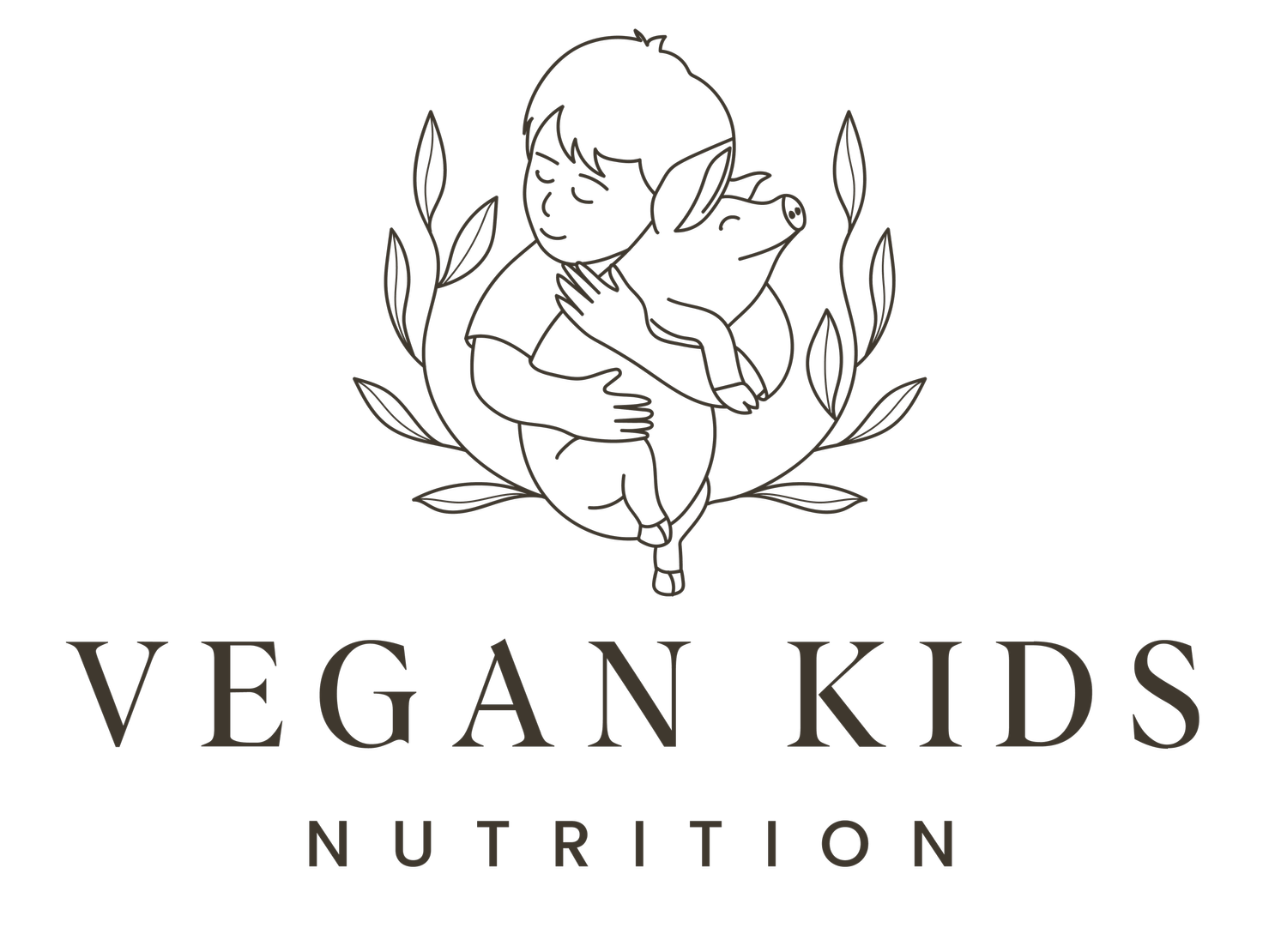As vegans, we eat in a compassionate way by not consuming animal products. As human beings, we naturally seek healthful foods that are minimally processed and omit foods that are considered “bad” for us. We’ve been told that processed foods or refined foods, which have been altered in some way during their preparation, is not so good for us because it leaves them lacking many of the nutrients they once had after the refining process. Some of these foods include: fruit juices, crackers, breads, and plant oils. But not all processed foods are created equal and simply because they have been altered in some way doesn’t mean that we should restrict or fear them all together. In fact, unconsciously restricting certain foods or food groups from our diet does more harm than good to our overall health (this can be a whole new post of its own!).
Today, I want to unlabel all cooking oils as “bad”. I recently came across an article published in the POPSUGAR website discussing the use of oils in our diet, particularly in a plant-based diet. Now, I normally don’t read these articles but the headline peeked my interest. The premise of the article was that by completely cutting out plant oils (a processed food) from their diet helped promote weight loss. It discussed how replacing all cooking oils with more whole, plant foods such as nuts, seeds, and avocado was a better choice due to offering more nutritional value.
True, less processed foods do offer more nutritional value, particularly dietary fiber, and there’s absolutely nothing wrong in centering a way of eating around more whole plant foods like nuts and seeds. The problem is promising results of a certain way of eating and having others follow that ideology. This misinformation is what has continued to prevent our society from fostering a healthier relationship with food.
Following a vegan diet is already lower in fat than the standard American diet and does not require it to be more restrictive. We need fat in our diet, whether that comes from whole plant foods or cooking oils. Fat serves as a cushion for our organs, plays a role in developing hormones, and helps absorb certain nutrients.
Oils do contain more fat than other macronutrients but that doesn’t mean that we should fear them. There is no evidence showing that consuming a couple of tablespoons of a certain type of plant oil is bad or harmful. In fact, research shows that olive oil improves endothelial function and protects against the risk of developing cardiovascular disease (1). Other studies have shown that canola oil with DHA improves our HDL (good) cholesterol and blood pressure (2).
The idea that all cooking oils are “bad” or “toxic” is simply not true. This only feeds our current diet culture and enables for a more stressful eating experience – and it should never be that way. Eating should be enjoyable and non-restrictive beyond each of our personal ethical values in following a vegan diet. It’s OK to add cooking oil to your food. I love using extra virgin olive oil to make salad dressings, coconut oil in my favorite banana bread recipe when baking, and expeller pressed canola oil for all my delicious meals when cooking. Including these wonderful cooking oils in my plant-based lifestyle adds flavor and fun to what I’m eating and I hope that it may symbolize the same for you.
Go ahead an embrace the art of cooking, the flavor of food, and the experience with food by including a variety of plant fats from both cooking oils and other wholesome nuts and seeds.
References
- Davis, C., Hodgson, J., Woodman, R., Bryan, J., Wilson, C., & Murphy, K. (2017, June). A Mediterranean diet lowers blood pressure and improves endothelial function: results from the MedLey randomized intervention trial. American Journal of Clinical Nutrition, 105(6), 1305-1313. doi:10.3945/ajcn.116.146803
- Jones, P., Senanayake, V., Pu, S., Jenkins, D., Connelly, P., Lamarche, B., . . . Kris-Etherton, P. (2014, July). DHA-enriched high-oleic acid canola oil improves lipid profile and lowers predicted cardiovascular disease risk in the canola oil multicenter randomized controlled trial. American Journal of Clinical Nutrition, 100(1), 88-97. doi:10.3945/ajcn.113.081133



